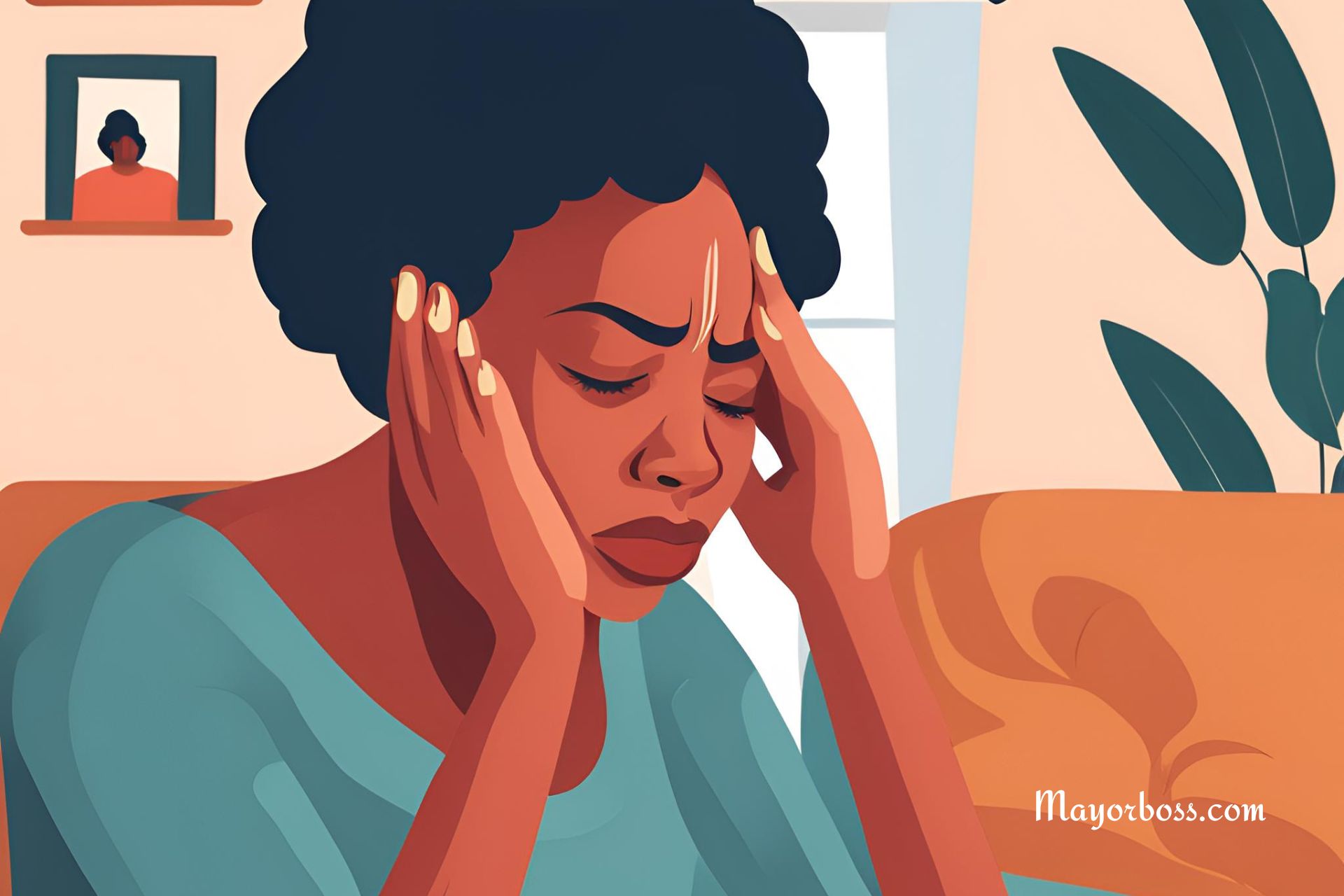The 10 Undeniable Signs You’re The Black Sheep Of Your Family

Feeling like the black sheep in your family can be tough. This term, often draped in a sense of not belonging, might describe how you feel if your interests, behaviors, or life choices seem starkly different from those of your family members. But what does it truly mean to be the “black sheep”? Let’s look at ten signs that might indicate you hold this unique position in your family dynamics.
1. Your Interests Differ Markedly
When your family gathers, the conversation often swings to common interests—maybe sports, politics, or reality TV. However, if you find yourself frequently on the outskirts of these discussions, with passions and hobbies that don’t mesh with the rest, this might be your first hint. Your love for abstract art or avant-garde music simply doesn’t stir excitement at the dinner table.
2. Family Plans Often Proceed Without You
Think about the last few family gatherings. Were you consulted about the plans, or did the invitations come as a fait accompli? If it feels like decisions are made without your input or presence in mind, this could signal your outlier status.
3. You’re Often the Topic of Family Gossip
Unfortunately, being the black sheep sometimes means your actions—and perhaps your life choices—are scrutinized more harshly than others. If you catch wind of whispers when you enter a room or find that your lifestyle is often the subject of family gossip, it’s a strong indicator of your role.
4. Your Achievements Don’t Get the Same Recognition
Does it seem like your accomplishments are often overlooked or undervalued by your family? Whether it’s your career success, creative endeavors, or personal milestones, a lack of recognition can feel like you’re not truly seen by your loved ones.
5. You Clash with Family Values
In every family, certain values hold the fabric together. If your beliefs and values consistently clash with those upheld by your family, it can create a rift, placing you on the peripheral edges of family life.
6. Your Presence is Met with Tension
A clear sign of being the black sheep is the palpable tension that enters the room with you. Maybe conversations halt, or the mood shifts when you join a gathering—signs that your presence isn’t as welcomed as it should be.
7. You Often Feel Misunderstood
Do you often find yourself explaining your choices or feeling like no one really ‘gets’ you? This pervasive sense of misunderstanding can be disheartening and isolating, reinforcing the feeling that you don’t quite belong.
8. Family Traditions Don’t Resonate with You
While others may cherish family traditions, you might feel indifferent or even alienated by these rituals. This detachment isn’t trivial; it speaks volumes about your connection—or lack thereof—with the family ethos.
9. You’re Seldom Asked for Advice or Opinions
If your thoughts and advice are seldom sought by family members, it indicates a disconnect. It’s as if your opinions are less valued, which can be a subtle yet clear sign of your outlier status.
10. You Feel the Need to Prove Your Worth
Feeling like you have to constantly prove your worth or fight for your place in the family can be exhausting and demoralizing. It’s a strong sign that your fit within the family isn’t as snug as it might be for others.
Frequently Asked Questions
Q1: Can being the black sheep affect my mental health?
Absolutely, it can. Feeling isolated or undervalued can lead to stress, anxiety, and depression. It’s important to seek support, whether through friends, therapy, or other means, to discuss these feelings openly.
Q2: How should I handle family gatherings if I feel like the black sheep?
Approach gatherings with a plan. Decide beforehand which topics or situations you might want to avoid and think about how to set boundaries. Finding an ally in the family who understands your position can also be incredibly helpful.
Q3: Can the role of the black sheep change over time?
Yes, family dynamics are not static and can change. Open communication and personal growth can alter perceptions and relationships. Sometimes, as families evolve, so does their capacity to appreciate each other’s differences.






